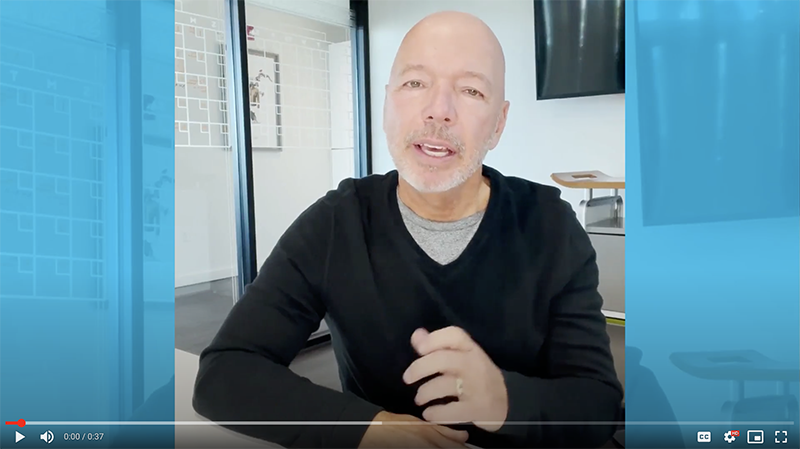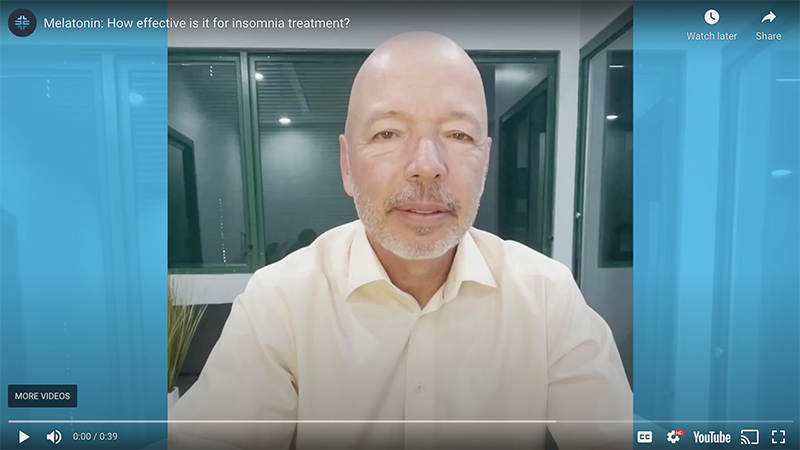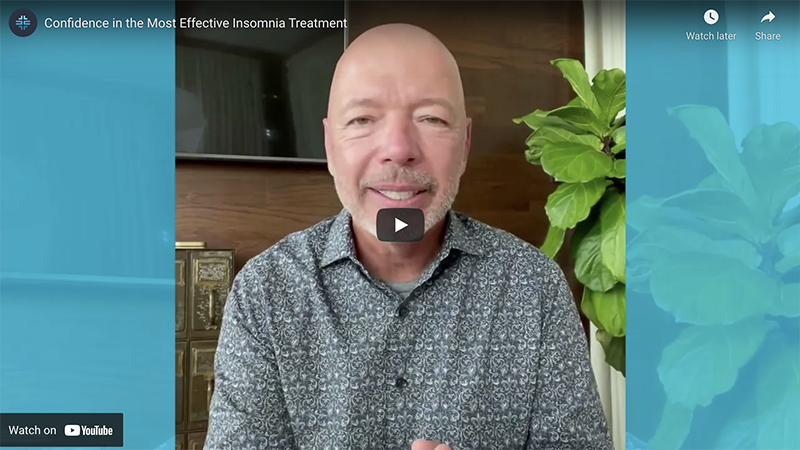Since mid-March, the majority of us have been confined to our houses and during that time, we’ve learned to work from home efficiently, parent and teach simultaneously, and we’ve adapted to schedules that we never dreamed of having.
Prior to the pandemic, many of us were cemented in a steadfast schedule where we had places to be at certain times, and little wiggle room to shift our daily tasks. And then, suddenly, as the pandemic reached elevated heights, with barely a day’s notice, we were told to sit tight, within the four walls of our home. With that came regular food deliveries, days spent in pajamas, and a sleeping schedule that transformed from steady to unstructured.
Without having to transport our children to school at a certain time or catch a train to get into a city job, many of us have found ourselves staying up past our normal bedtime and sleeping well-beyond the average alarm clock sounds.
While COVID-19 has upended many of our lives and placed an additional daily layer of fear in our minds, it is also the culprit of insomnia for some. Instead of sliding between the sheets with the next day to look forward to, the coronavirus causes many of us to stay up beyond our normal time, anxious with fear of the unknown. For those who have children there is the added fear surrounding your child’s education, of them falling behind or the lack of social-emotional health that is typically tended to in a classroom alongside classmates.
The good news is that structure reaps many positives, one of which is sleep. As we slowly slip back into regular schedules, most of us will slide into steady sleep patterns that will benefit our everyday life. Here are a few reasons why the re-opening routine will likely get you solid shut-eye in the days to come.
Back to Routine
People are finding themselves navigating their way through the new normal of living, working, and even sleeping. As many are diving back into the nine to five, our minds will be busy thinking about work and checking off the daily items in our routine, and not so busy worrying about news of the coronavirus. It will also be busy adapting to a new sleeping schedule. Gone will be the days of sleeping in until the kiddos wake you. With re-openings, you and your kids will benefit from having start and end times to your day, which means that you will need a regular tuck-in time and a daily rise time. When you maintain a regular sleep schedule, even on days off, your body sets an internal clock that will naturally help you fall asleep and wake up more easily.
Climbing out of Insomnia with CBTI
For those of you who have become a victim of insomnia during quarantine, you may benefit from CBTI, instead of spending countless hours chasing the required seven to nine hours of sleep to no avail. While insomnia is known as a common disorder that affects 10% of people chronically and 35% of people on occasion, Cognitive Behavioral Therapy for Insomnia (CBTI) is an extremely effective solution that does not require the use of drugs.
Whether you opt for an online or in-person program, CBTI will get to the source, addressing symptoms that could potentially affect your health. By helping the patient identify negative thought patterns and habits that contribute to the process of “sleep chasing,” a sleep therapist will help you replace these thoughts with healthy, positive ones. Guilt and shame have a tendency to interfere with sleep patterns. A CBTI therapist helps patients gauge their necessary amount of sleep and tackle any beliefs that the patient has surrounding sleep. Since every person has different sleep patterns and needs, the therapist assists with identifying those needs on an individual basis.
Much in the same way that the past few months were not easy, going back to work and adjusting to the new norm of interacting with others, will take time. One way to ease the anxiety that has a tendency to keep you up at night, is to stay up-to-date on the CDC guidelines that are designed through intense research, to keep you safe and healthy in a world that may not always feel so safe and healthy.
Follow these CDC guidelines in the workplace to ease your anxiety and get a little more shut-eye:
- Wash your hands often
- Wear a face mask in the workplace and in public settings
- Avoid close contact
- Cover coughs and sneezes
- Clean and disinfect frequently touched surfaces daily
- Monitor your daily health and be on the lookout for symptoms such as fever, cough, and shortness of breath
- Take your temperature
- Stay home if symptoms arise
Not So Much News
It’s human nature to reach for the remote when something major is going on in the world. Nowadays our news knowledge comes from both the television and social media, adding an extra layer of anxiety. While in the privacy of our homes, it is much easier to turn on the television or swipe through a social media app on our phone, but too much of something is never a good thing. It is for this reason why it will help you to shift your focus from the news to your livelihood. Being around a television that is spouting off nonstop negative messaging surrounding the virus is enough to keep us up all night. With a mind that is less infiltrated by negative news, and more focused on creating and working, you will be less controlled by anxiety when your head hits the pillow, and more likely to fall into deep sleep for a longer bout of time.
We hope that these tips help you to sleep better. If you are dealing with insomnia and need help, don’t worry, you’re not alone. Get started with our Risk Free CBTI Program. If we can’t help you sleep better, we will give you your money back. Start your journey back to a good night’s sleep with Somly.


